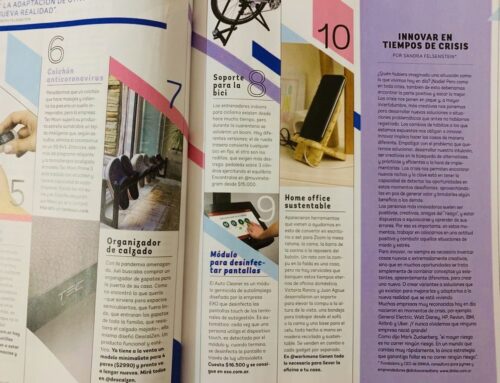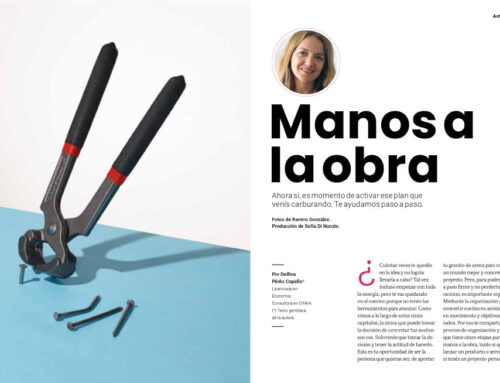When considering the idea of innovating in the company, The first thing that comes to mind is that this process will require a large investment.. But this does not have to be like this. You can innovate without having a large budget to achieve it. Sometimes, it is simply about applying creativity to find new solutions to existing problems, in many cases combining apparently antagonistic or dissimilar concepts, to create new solutions.
"Never walk the path that has been traced because it will only lead you to where others have already gone". This famous phrase by Alexander Graham Bell does not speak of anything other than the importance of innovating. Such a trendy concept these days., it was already the engine and leitmotif of important researchers, scientists, thinkers and inventors of past centuries. But, what is innovate? Small and medium-sized companies often have the misconception that in order to innovate, In addition to having to allocate large financial resources, must have a Research and Development Department. And it is not like that.
The reality is that if we do not innovate, whatever the size of the company, we are going to lose the possibility of staying within a highly competitive and dynamic market, that requires being updated and up to date with the trends and needs that are emerging. For that reason, from DINKA (consultant for SMEs) We maintain that this should be on the agenda of every SME entrepreneur. This can certainly be done with existing resources., duly refocused on the changes to be achieved. It is very common to think that innovation must necessarily go through innovating the final product or service that is offered. However, innovating consists of applying creativity in search of a better solution. One possibility could be to generate value to our offer, either through a benefit on our product or service, in the user experience, for example by improving the delivery or post-sale service. It is about how to give greater added value to what we offer, a differentiated attention that results in the loyalty of our customers. Another example could be streamlining the structure of the company and work processes to changing needs, improving their results and allowing them to gain competitiveness in the market.
Without a doubt, the use of digital tools is a crucial element in innovation, regardless of the size of the company. Digital transformation usually brings innumerable benefits to companies. Anyway, At DINKA we also tend to highlight the utmost importance in the formation of heterogeneous work teams to achieve a successful innovation process.. It must be borne in mind that a working group is made up of individuals with interests, values, different ideas and ways of communicating and also with different rhythms. This differences, that in other times could be perceived as possible generators of personal exhaustion, demotivation, low performance or high attrition, is currently interpreted precisely as the opposite. These differences must be exploited in pursuit of successful performance., since they are the ones that motivate the generation of new ideas and proposals; in other words, promote creativity.
It is essential that the people in our teams are open to change and that we promote practices in the organizational culture that drive innovation. There are always ways to do better what we do today, we know that we will achieve it by working hard, that is, monitoring the competition, knowing the wishes and needs of our consumers, looking closely at environmental and government forces. To optimize these results, it would be desirable to have (or generate) with adequate spaces to foster the creativity of company collaborators and that allow them to actively participate in innovation tasks. It is a mistake to think that innovative management depends exclusively on the strategic lines or on its technical or economic resources..
On the other side, when we face an innovation process with our clients, From DINKA we promote the assignment of agents of change. It's about people who watch, promote and motivate organizational changes, facilitating the path towards this transformation and accompanying the team in moments of possible instability or insecurity that could arise during the process.
Conclusion, companies today should not ask themselves whether to innovate or not, that is already imperative in the environment in which we find ourselves. The correct question would be: what we can do to better manage innovation and enable the sustainable growth of companies, without the need to allocate significant investments for this purpose.







